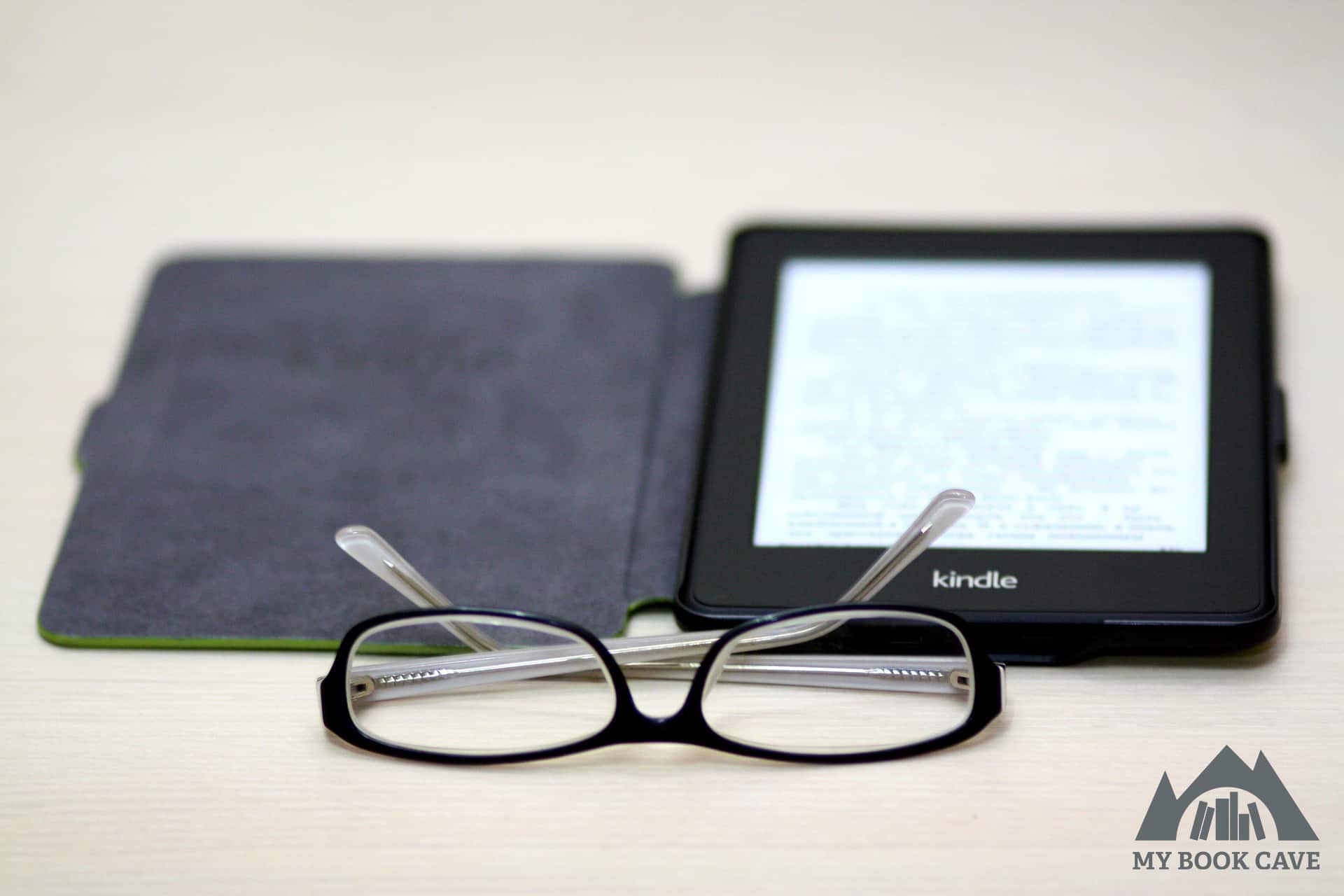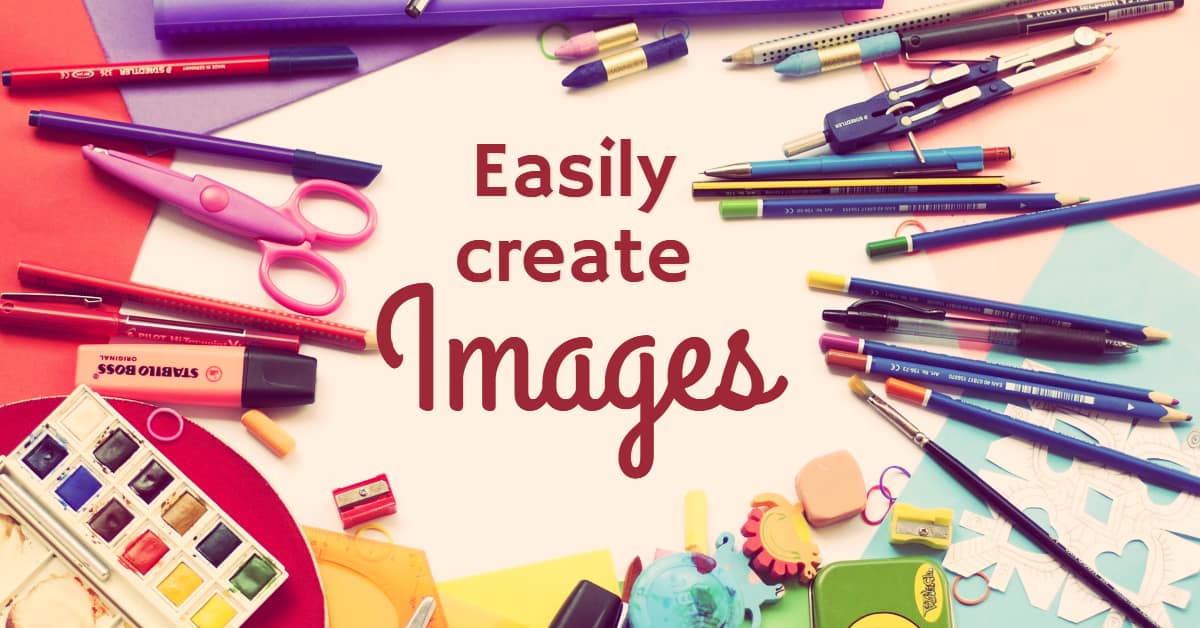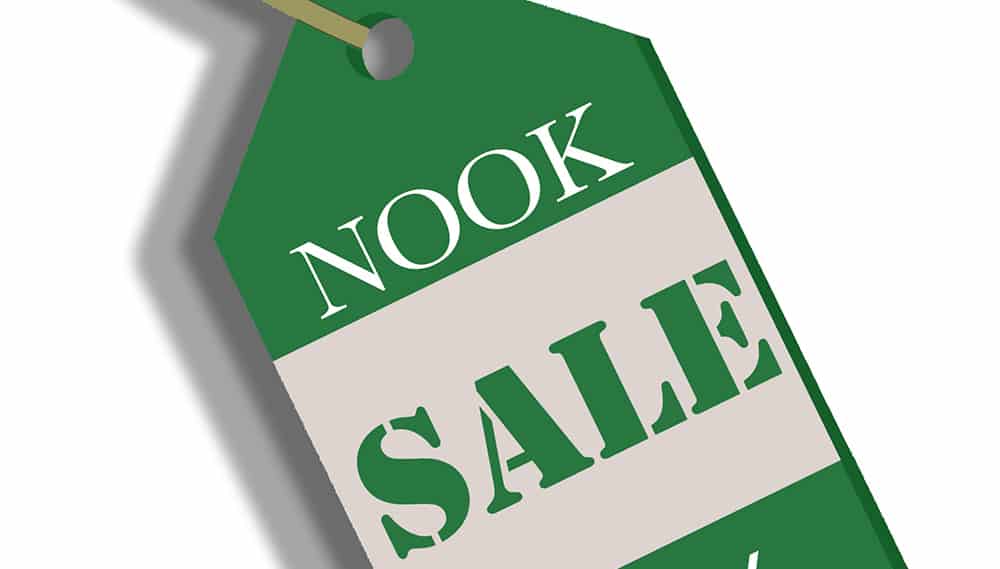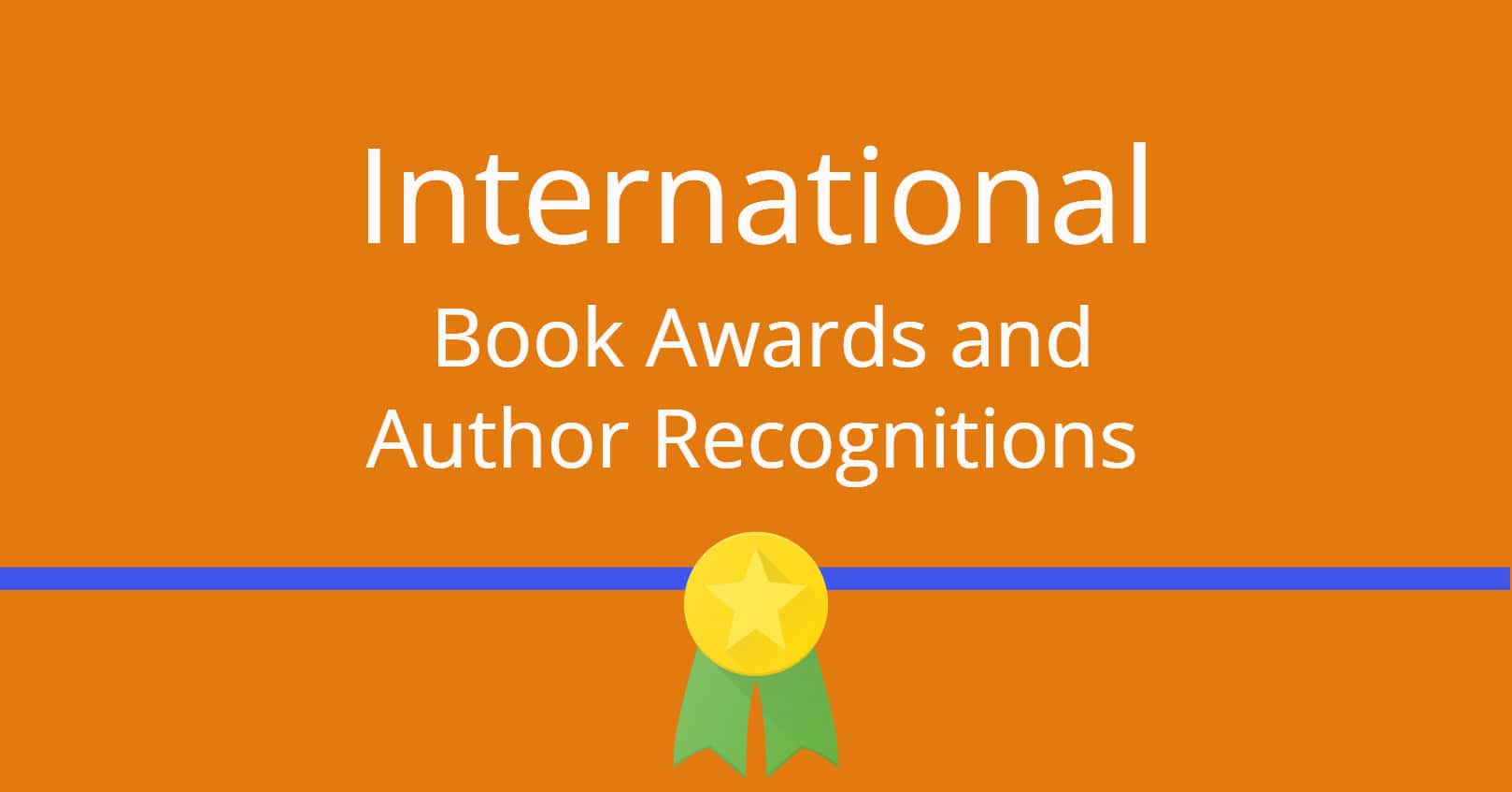
So you’ve finished your novel, and you can easily publish it yourself as an ebook. If your novel’s not going the traditional publishing route, it doesn’t need an ebook editor, does it?
Wrong.
It may seem tempting to put your book out there immediately and start earning money, but before you do, you still need to hire an editor. An editor should be employed before the book is readied for either print or ebook.
What kind of ebook editor do I need?
There are several kinds of editors, and different terms are used depending on who you talk to, but the terms we’ll use are Developmental Editor, Substantive Editor, and Copy (or Line) Editor.
Developmental Editor
A developmental editor focuses on the entire book. This editor will help you write your book and develop your story in a unique and attention-grabbing way. If you’re just starting out as a writer, a developmental editor is extremely helpful because he or she will:
- Keep your story on track
- Help you develop a good storytelling arc
- Make sure your characters are true to themselves
- Ensure your novel’s ending is interesting and believable yet not overly predictable
But developmental editors can be expensive, so if you don’t have a lot of resources, I suggest turning to writing groups to help develop your story, and to beta readers (volunteer readers) to give you feedback on the story once you finish it. At this stage, your novel will go through several massive revisions. You have to be willing to make large changes based on the feedback you receive.
Substantive Editor
A substantive editor focuses more on the chapter and paragraph level. This editor will make sure the scene flows well and that there are no confusions or inconsistencies (e.g., someone who left earlier is suddenly in the scene again). He or she will:
- Make sure the characters’ actions are believable
- Check that the line of thought flows well within paragraphs and from paragraph to paragraph so that readers won’t get lost
- Ask for clarification on confusing passages
- Rewrite awkward sentences
- Ensure that dialogue moves smoothly
- Help your story “show” instead of “tell”
A substantive editor is absolutely necessary. Readers will often look past substantive issues and finish the book, but they won’t pick up another book by that author, and they will leave negative comments, such as, “Some parts were confusing” (a problem with consistency), “The writing was choppy” (a problem with flow within and between paragraphs),”It wasn’t well written” (a problem with awkward sentences and possibly other various issues), “I wasn’t sure who was saying what” or “The dialogue wasn’t that great,” and “It didn’t really hold my attention” or “The story was boring” (a problem with telling instead of showing). If your book has enough substantive issues, some readers won’t finish it.
Copy Editor
A copy, or line, editor focuses on—you guessed it—a single line. A copy editor’s job is to go through your manuscript line by line and catch typos, punctuation errors, capitalization errors, spelling errors, grammar errors, and sentence structure errors (parallel structure and misplaced or dangling modifiers), and unclear pronouns.
A copy editor is also necessary. If you’re getting reviews that say your book has grammar errors or typos, then you certainly need a copy editor to go through it (even if you already had one look at it).
A family member or a friend who is “good at English” is not a substitute for a copy editor. Even another author usually is not a substitute for a copy editor (although they can be a substitute for a substantive editor if they are experienced). You need to hire a trained, professional copy editor if you want a professional book that readers will enjoy.
How many ebook editors do I need?
You need at least a substantive editor and a copy editor. The substantive and copy edit can be done by the same editor but should be done in separate readings through the manuscript. If you use the same editor for both edits, you will need yet another copy editor to catch anything the first one missed. One person simply cannot catch everything, no matter how experienced they are or how many times they read a book.
I also suggest you send your book to at least two quality beta readers to get feedback on how your readers will receive the book. Beta readers do not need to be paid—they are “paid” with the free advanced reader’s copy, or ARC, that you send them to review.
Where can I find professional ebook editors?
The first thing we recommend doing is asking author friends who have well-edited books what professional editors they use. Make sure the editor is professional—he or she needs to have had actual editing training and experience; it’s not enough to “love reading.” You can also ask for a sample edit to judge the editor’s work before actually hiring him or her.
Word of mouth is the best way to find good editors, but for other resources, three I am familiar with are Precision Editing Group, ePub Masters or Book Editing Associates.
That’s all! Best of luck on finding a great editor to make your work shine.
















I was just planning to hire ebook editor from ghostebookwriters.com for my new ebook and I’m glad i found your article. I will make sure my editor offer both substantive and copy editing services.